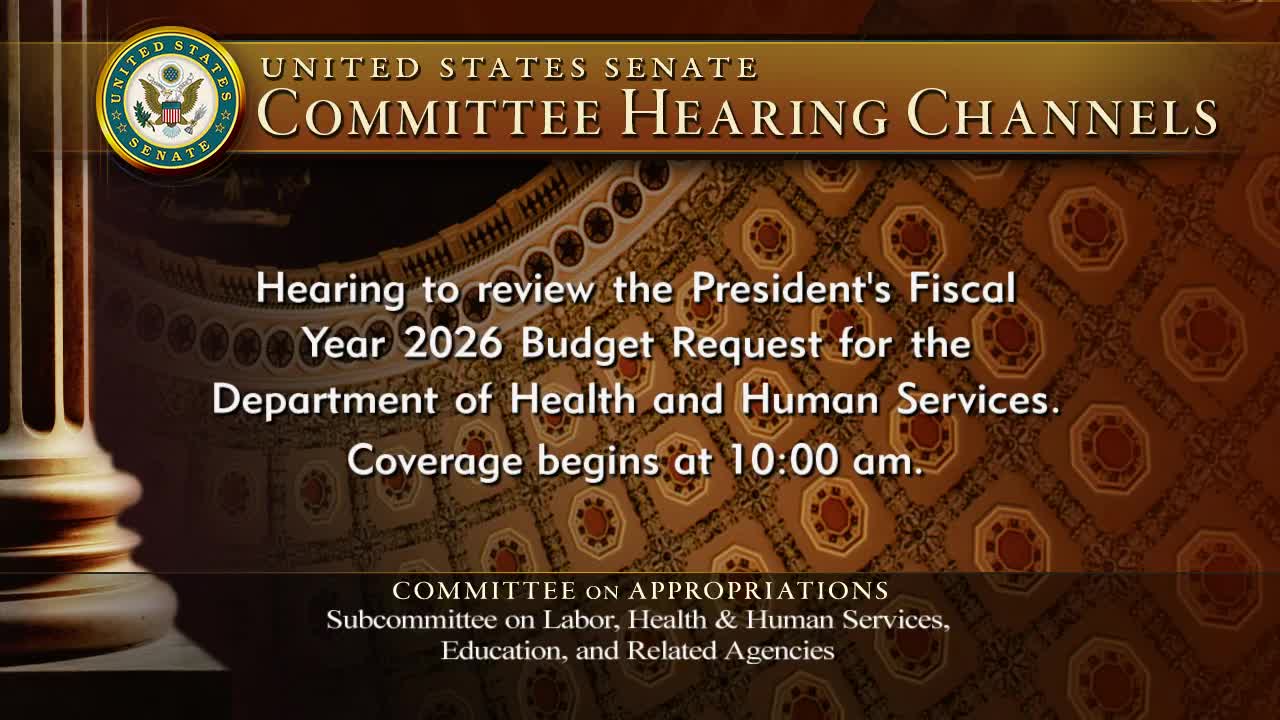Article not found
This article is no longer available. But don't worry—we've gathered other articles that discuss the same topic.
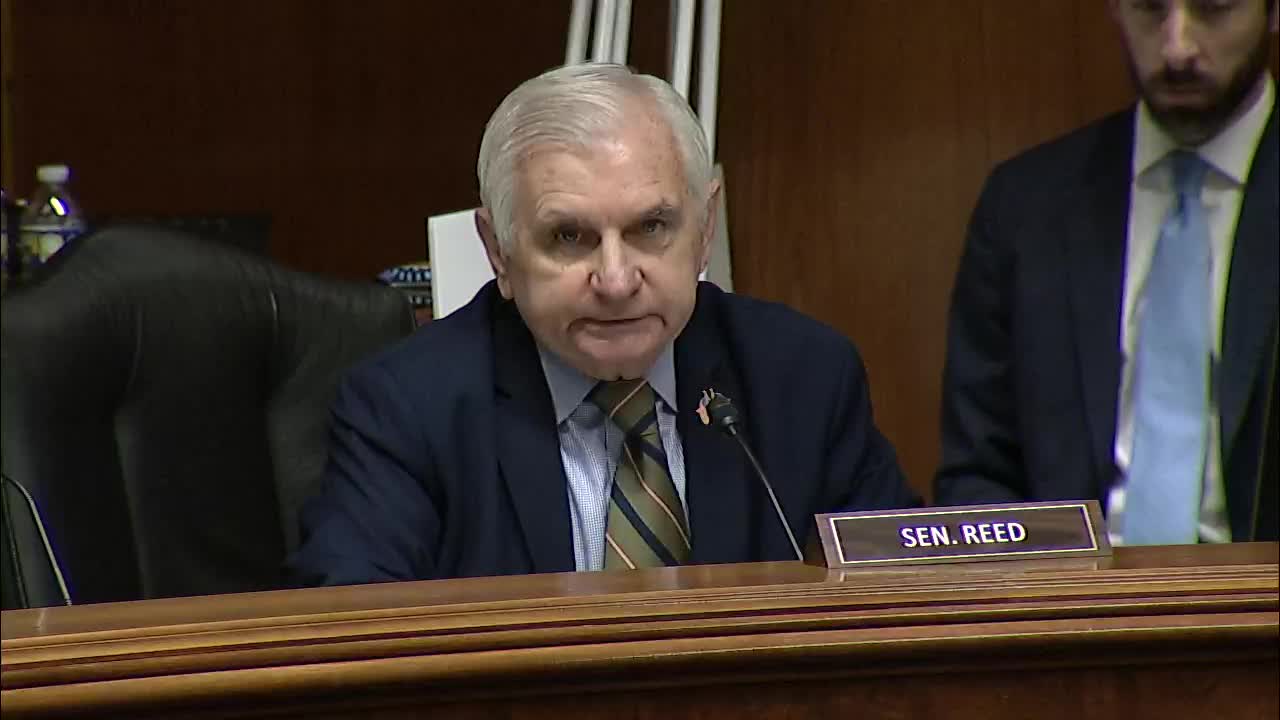
Senators warn reconciliation changes could cut Medicaid rolls and strain rural health systems
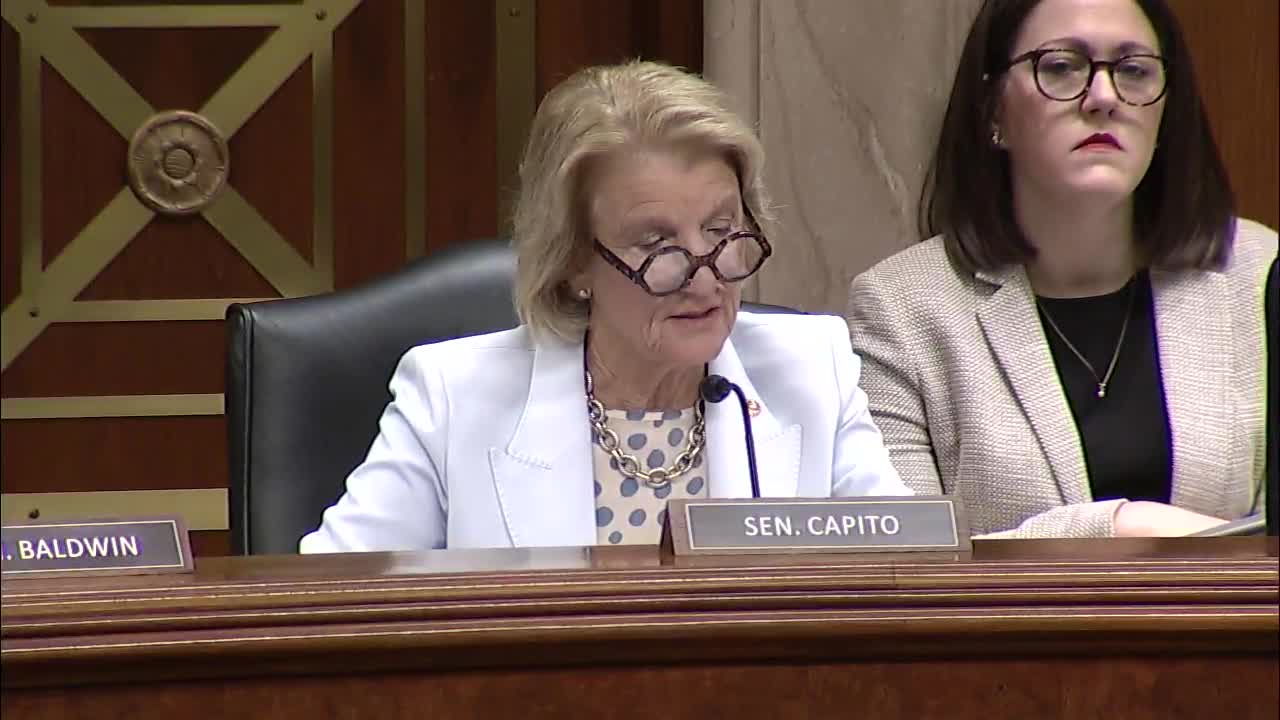
Senators press HHS to restore NIOSH mining and coal‑miner screening staff
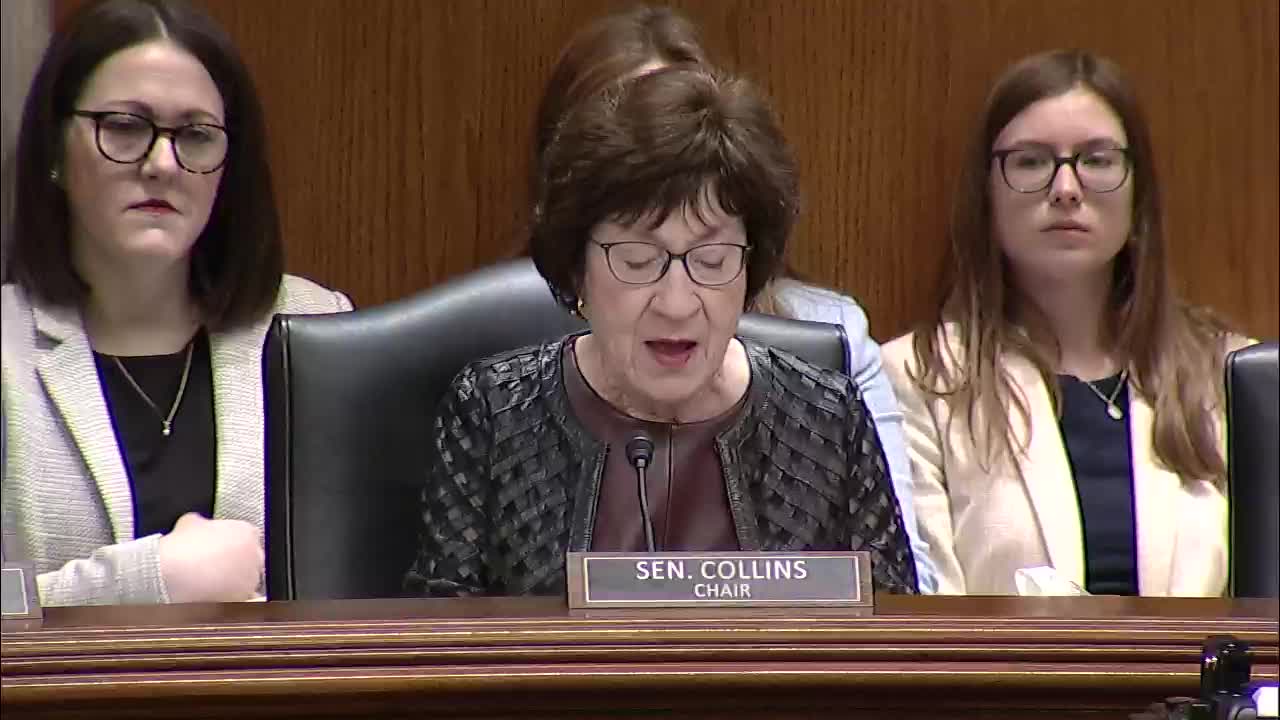
Senators demand clarity as HHS pauses Head Start, LIHEAP and child-care payments
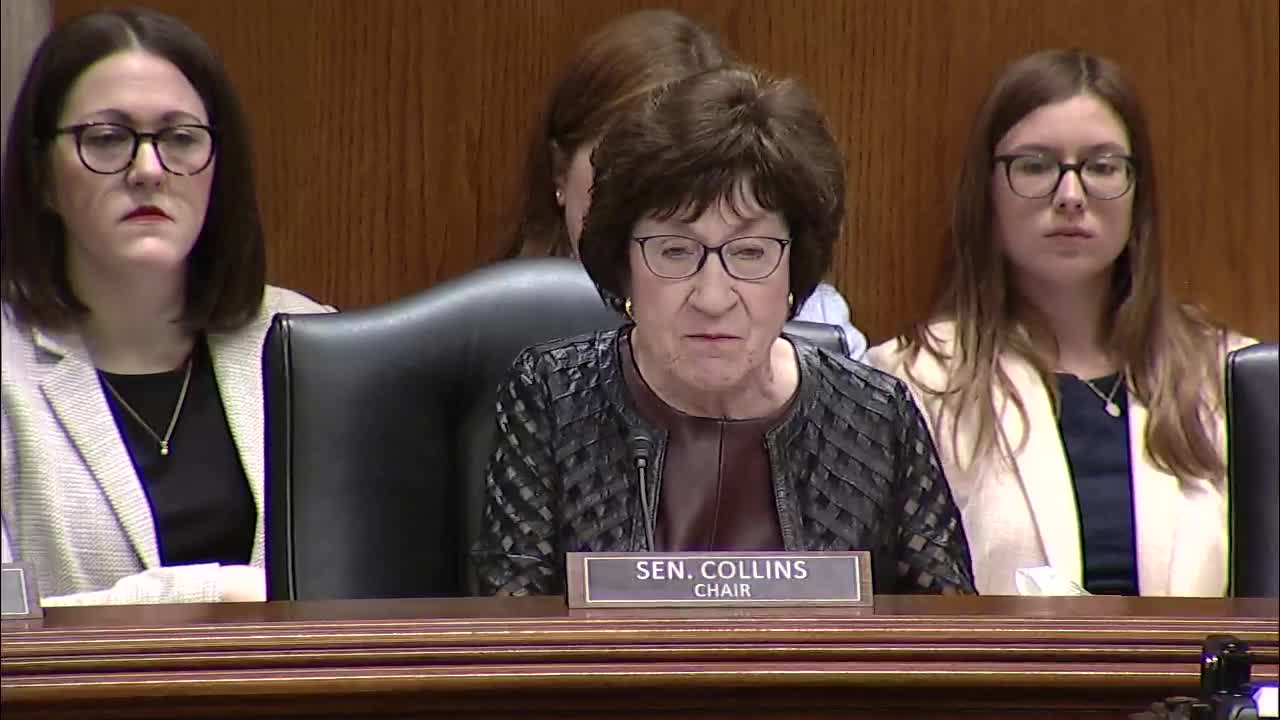
Senators raise alarms over CDC program eliminations and staff firings, including childhood lead and tobacco efforts
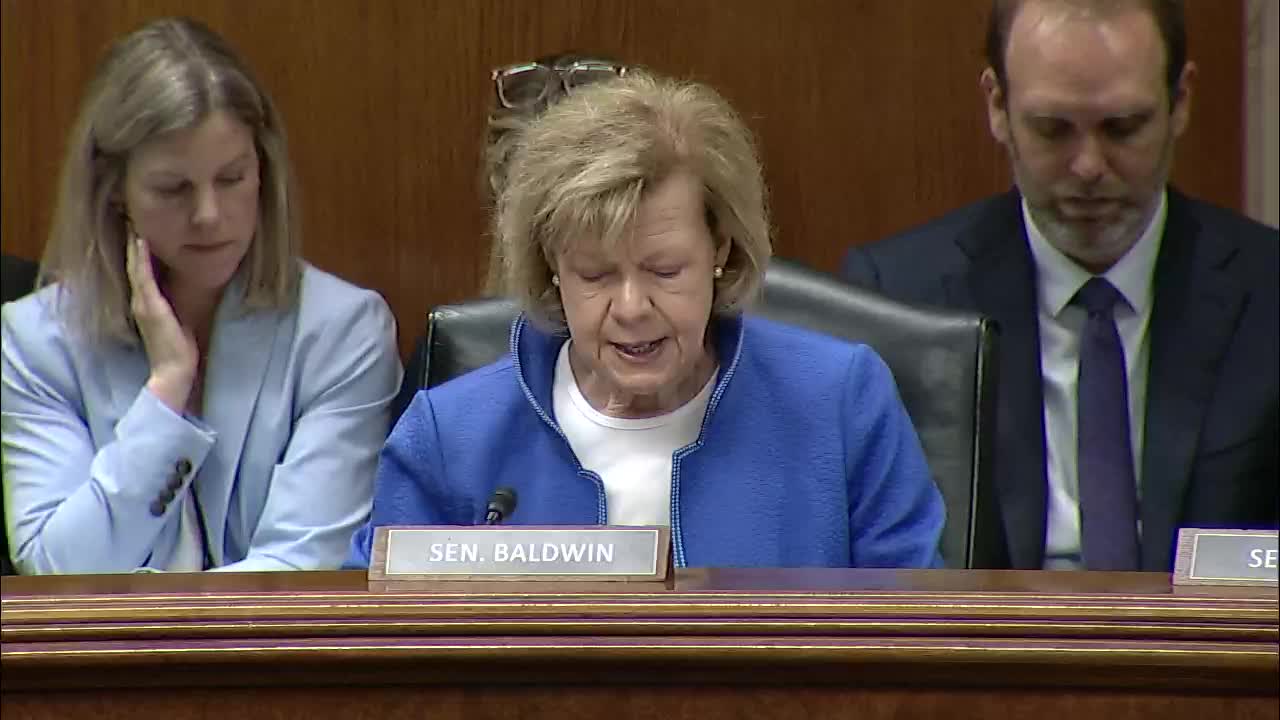
Senators press HHS on withheld NIH grants, indirect cost caps and clinical trials
